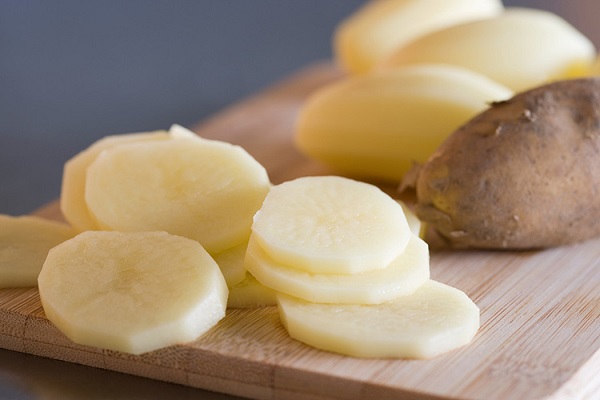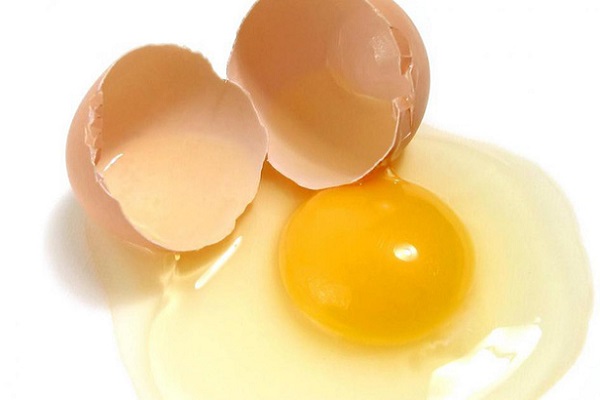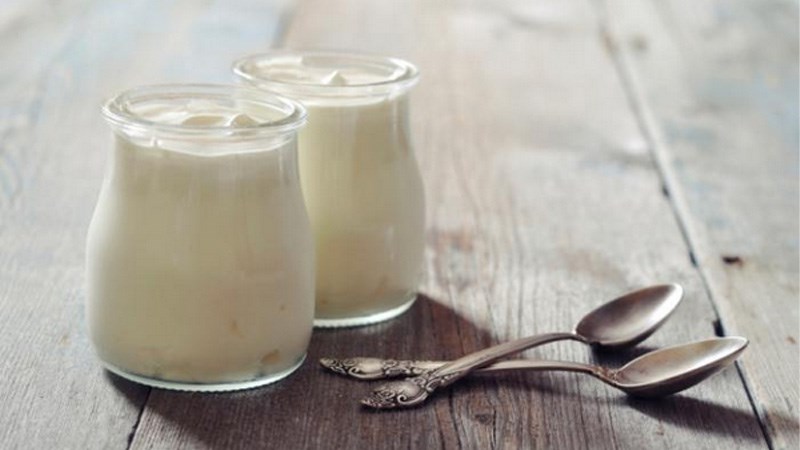Using potatoes
To reduce the saltiness of your soup or stew, you can use raw potatoes. Slice the potatoes thinly and place them in the salty soup or stew.
Let the potatoes sit in it for at least 15 minutes. The potato slices will effectively draw out some of the salt. Then, you can scoop out the potato slices and taste the dish again to see if the saltiness is suitable.

Vinegar or fresh lemon juice for reducing saltiness
A small amount of rice vinegar or fresh lemon juice can be used to reduce the saltiness of a dish. However, note that when applying this method to dairy-based dishes, it should be avoided as vinegar/lemon juice can cause the milk to curdle and alter the taste of the dish.
Egg whites
For salty soups and stews, you can use raw egg whites from chicken or duck eggs without whisking. Pour the egg whites directly into the pot and bring it to a boil for about 5 minutes. During this process, the saltiness of the dish will be significantly reduced. Depending on the amount of food you are cooking, adjust the amount of egg whites used accordingly.

Using vinegar or fresh lemon juice
A small amount of rice vinegar or fresh lemon juice can be used to reduce the saltiness of a dish. However, note that when applying this method to dairy-based dishes, it should be avoided as vinegar/lemon juice can cause the milk to curdle and alter the taste of the dish.
Using honey or sugar
To reduce the saltiness of certain dishes, you can use honey. With its natural sweetness, honey will create a sweet and mild taste, making the soup or stew more pleasant.
Alternatively, you can also use sugar as a substitute for honey. However, remember to add just enough sugar/honey to suit your taste, avoiding adding too much sugar/honey that would alter the taste of the dish.
Using unsweetened yogurt
If you don’t have lemon or vinegar on hand, you can also use unsweetened yogurt to solve the problem of oversalted dishes.
In this case, we will add 1 – 2 teaspoons of unsweetened yogurt and stir it evenly. The compounds in yogurt will effectively reduce the saltiness of the dish.

Adding water
For soups, stews, and braised dishes, if they become too salty, you can remedy it by adding water. Add water slowly and taste to check the flavor of the dish.
You can also add some necessary seasonings such as MSG, pepper, or chili powder to bring a delicious flavor to the dish.





































